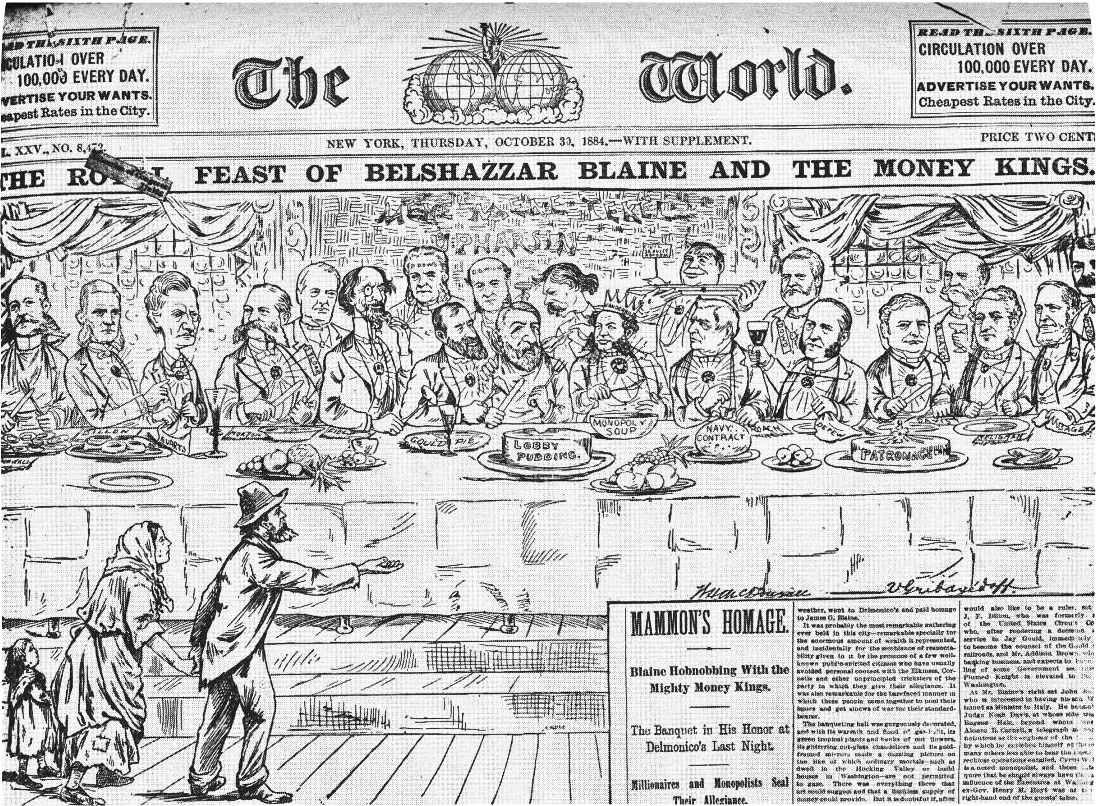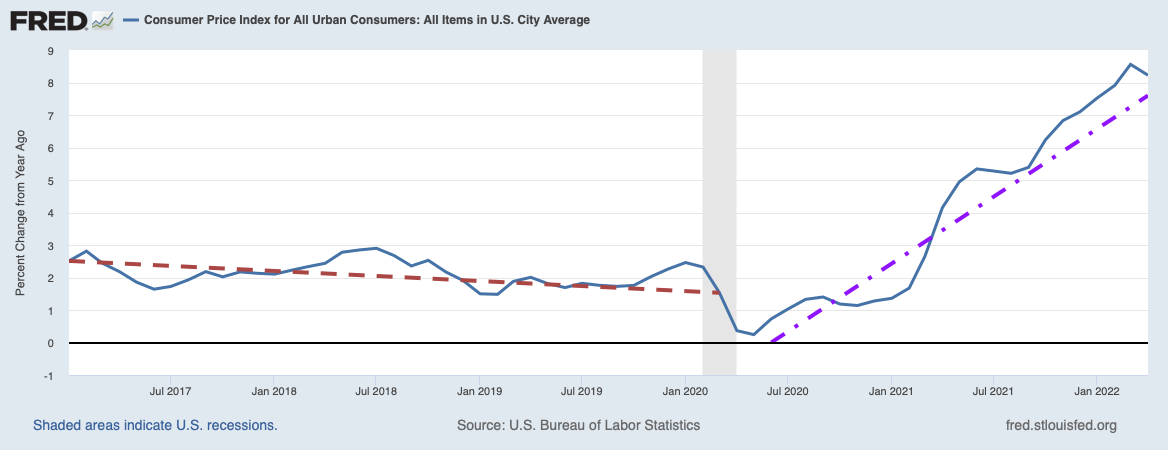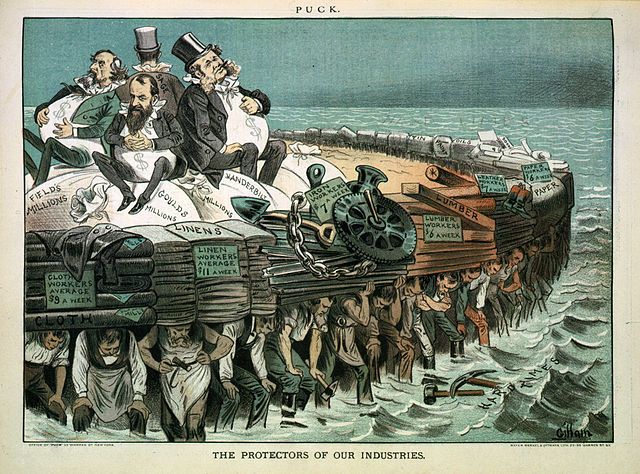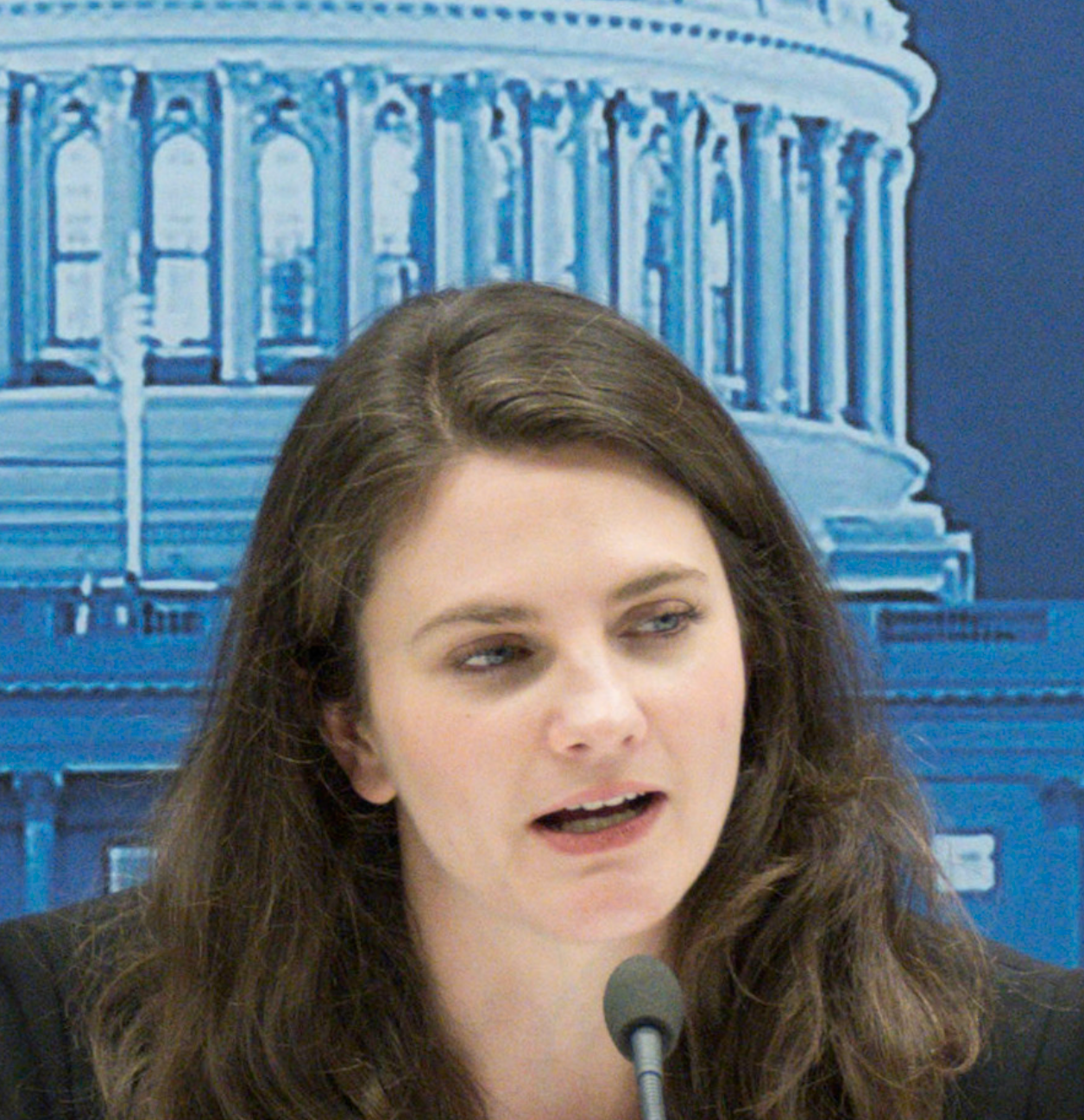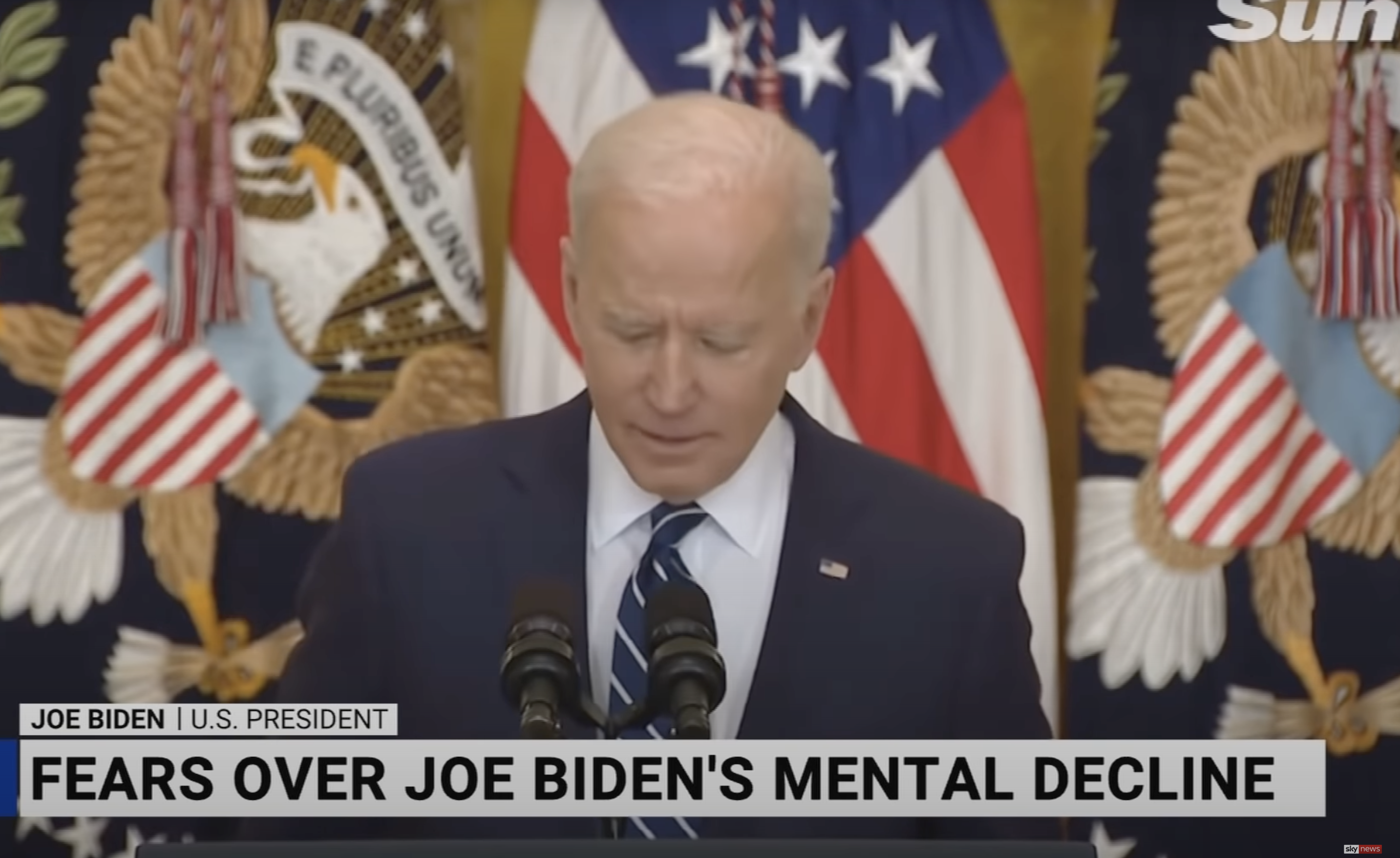Individual Rights Versus Collective Responsibilities
On the Left, Karl Marx and Friedrich Engels, advocates for collective responsibilities.
Wikimedia Commons / Friedrich Karl Wunder and George Lester
On the Right, John Locke, champion for individual rights.
Wikimedia Commons / Godfrey Kneller (1646-1723)
Much of the animosity between American progressives and neoliberals (usually mislabeled as “conservatives”) comes from their different understandings of individual rights and collective responsibilities. Perhaps a discussion of the way the two viewpoints relate to each other might pull some of the fire out of our cold civil war. Can we keep this cold war from becoming hot? Yet to accomplish this, we need to find ways to communicate with each other.
A Difference in Ways of Talking About Politics
In 1991 a Harvard law professor, Mary Ann Glendon, published a book entitled Rights Talk: The Impoverishment of Political Discourse. In it, Prof. Glendon pushed a novel explanation for why people are “turned off” by public discourse; and why many people tune out political discussions altogether. Seemingly unable to talk to each other, the American Left and Right have come to view each other with increasing abhorrence, disgust, and even hatred.
As a legal scholar, Prof. Glendon concentrated on how legal trends in the federal courts and law schools increasingly emphasize individual rights. This began roughly in the middle of the 20th century. In her first chapter she wrote,
At least until the 1950s, the principal focus of constitutional law was not on personal liberty as such, but on the division of authority between the states and the federal government, and the allocation of powers among the branches of the central government. . . . Older constitutional law professors who had given pride of place to federal-state relations and the commerce clause were succeeded by men and a few women who focussed on advancing equality and personal liberty by means of rights. To a great extent, the intellectual framework and the professional ethos of the entire current population of American lawyers have been infused with the romance of rights. . . . The rights revolution has contributed in its own way to the atrophy of vital local governments and political parties, and to the disdain for politics that is now so prevalent in the American scene.
Everything changed with the civil rights movement starting in the late 1950s.
Unlike the New Dealers (who resembled the Founders in their attention to the overall design of government and to the functions and relations among its specialized organs), many bright, ambitious public lawyers of the 1960s had a narrower and less organic view of law, government, and society. They saw the judiciary as the first line of defense against all injustice, and came to regard the test case as preferable to ordinary politics.
Rather than spend a large amount of time in political organizing and activity, in which the most one could hope for would be a compromise, many activists devoted their time to litigation that could more quickly and easily yield total victory. Politics became of secondary importance compared to litigation, especially for progressives.
In addition, Glendon notes that political discourse usually has become divorced from any responsibilities one might have toward his fellow citizen.
American rights talk is set apart by the way that rights, in our standard formulations, tend to be presented as absolute, individual, and independent of any necessary relation to responsibilities.
In the intervening three decades since the book’s publishing, this dysfunctional political discourse has grown much worse. In particular, the American Left has weaponized rights talk to wage a war for social welfare. In their identity politics, the rights of identity group members for welfare and freedom from discrimination trump all other considerations. So-called “conservatives” have their own form of rights talk: Their concentration is on the economic rights of individuals and companies. In the last general election Republicans won by championing the rights of working class voters and the rights of companies to operate with minimal government interference.
The conflicting rights talk from each side of the political divide has poisoned our political discussions. Each side believes the rights they advocate to be absolute. The rights they champion are not to be compromised for the concerns of the other side. The result has been almost total political gridlock. Yet, we all have a collective responsibility for the social and economic health of the nation. How can we bust this dysfunctional gridlock between us?
The Meeting of Collective Responsibilities
In the social vision of American progressives, our collective responsibilities to our fellow citizens must be met by government programs and social and economic regulation. The Left believes government must be the primary tool for attacking social and economic problems.
The problem with this political vision is government does not possess the capability to fulfill this role — at least not without creating other problems of the same or greater peril. What restricts government from fulfilling this role is the fact any large social system of interacting human beings is a chaotic system. What this means is very small perturbations on the system can cause it to evolve very quickly in unexpected directions. The much lamented law of unintended consequences arises because human social systems are chaotic.
Examples of unintended consequences caused by government’s attempts to solve social and economic problems abound. The Great Depression of the 1930s was not brought about by free-market failures. Instead, it was created by a Federal Reserve monetary policy adopted in 1928, which reduced the money supply by about one-third between 1929 and 1933. The resulting deflation and illiquidity caused a huge number of bankruptcies. Another major example of federal government induced problems is Lyndon Baines Johnson’s War on Poverty. In 1965, the late Senator Daniel Patrick Moynihan wrote an account of how this government assault on poverty would be destructive to the black family. This was published as a U.S. Department of Labor report, entitled The Negro Family: The Case for National Action and was also called “The Moynihan Report.” A later study by the Urban Institute in 2013 showed that it had been destructive not just to black families, but to white and hispanic families as well.
One final example I will mention is the cause of the Great Recession of 2008-2009. It is universally recognized the proximate cause was the bursting of a real estate bubble, causing a financial crisis between 2007 and 2008. Progressives blamed this market bubble on greedy bankers and investors. Democrats accused them of creating subprime mortgages for poorer people who could not afford them. Yet, in fact the creation of these mortgages was mandated by the federal government. In the early part of the first Clinton administration (during which the Democratic Party controlled both houses of Congress), the Community Redevelopment Act of 1977 was amended to mandate that Fannie Mae and Freddie Mac ensure that at least 30% of mortgages purchased from originating banks be made to people at or below the median income level in their communities. This goal was subsequently increased to 56% by the department of Housing and Urban Development (See reference [E4, chapter 1]). The completely laudable goal of providing home ownership for poor people led the federal government to create the worst financial disaster since the Great Depression.
The basic problem illustrated by these examples is chaotic human social systems react to government actions in typically unpredictable, and more often than not unpleasant ways. You can probably easily understand why human social systems are generally chaotic. In fact, I would suspect most people could give passable explanations, even if they knew nothing about the mathematics of chaotic systems. As it turns out, human social systems (of which the economy is a particularly important example) are chaotic for precisely the same reasons the planetary atmosphere is chaotic. Both the fluid atmosphere and systems of interacting humans are made up of a large number of interacting components: molecules in the atmosphere, and individuals and groups of individuals in human systems. Moreover, each of the system components tend to interact primarily with each other, and only secondarily with the system as a whole. In the atmosphere (or in any fluid physical system), these interactions are mostly collisions between the component molecules. In a human system, for example the economy, the interactions are transactions between the human components (e.g. buyers, sellers, and investors). These system properties cause any perturbation on the system to be transmitted by a kind of fluid motion in often unpredictable ways. A more complete description can be found in the posts How Is the Weather Like a Country’s Economy? and The Lies Progressives Tell (Especially To Themselves!).
Do these observations mean there is no way for citizens to care for our collective responsibilities? At first blush, it surely seems so. Certainly, allowing government — particularly the central government — to be the primary tool for solving social and economic problems appears to be extraordinarily dangerous. We need to find some different way of ruling ourselves that allows us to effectively address social problems without simultaneously destroying our personal rights. Progressives are particularly keen on addressing social problems, and are less concerned with individual rights; neoliberals (aka “conservatives”) are primarily concerned with individual rights, particularly economic rights. Is there no way to deal with both concerns?
In the posts The Structure of Social Revolutions and A New Paradigm for Democratic Government Coming?, I suggested since government attempts to solve social problems have been so destructive in the past, something very different should be done. Perhaps we should try problem solving by doing more to enable individuals and private groups of individuals to solve their own problems. Since individuals understand their own problems far better than any government bureaucrat, the solutions chosen would be far more likely to be effective. Resources could be provided to poorer people through government encouraged charitable groups. In adopting that course we could drastically shrink the size of government, along with its implicit threats to our personal rights.
Views: 3,972























